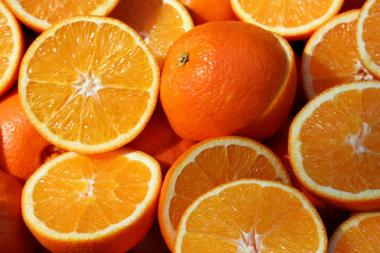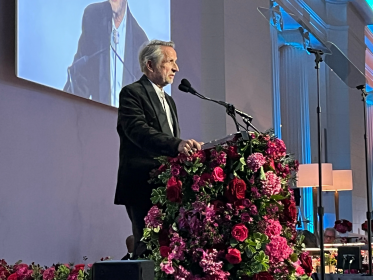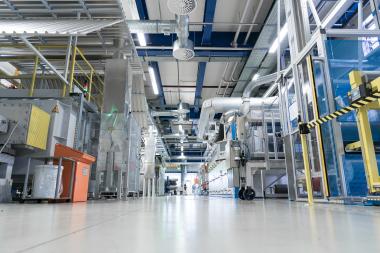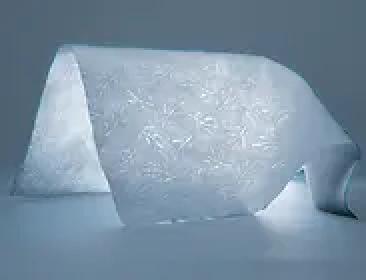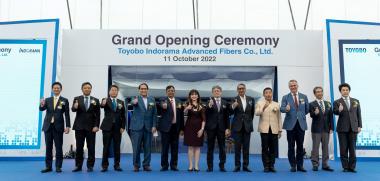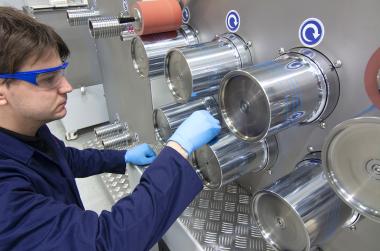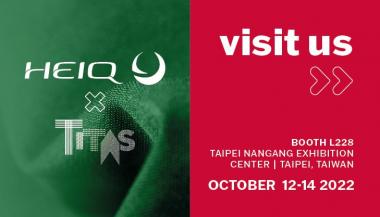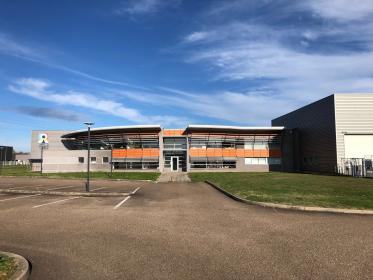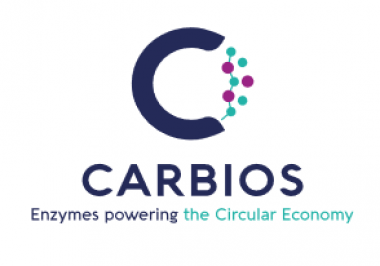C.L.A.S.S. presents its new partner Orange Fiber
Founded in Catania, Italy in 2014, Orange Fiber has developed a process to transform what remains from the industrial pressing process of citrus fruits for juice into a unique textile material. The innovative process has been patented in Italy and extended to major citrus juice producing countries around the world.
Recently, Orange Fiber and the Lenzing Group, a leading manufacturer of textile fibers specialties from wood, started a collaboration to produce the first lyocell fiber branded TENCEL™ composed of cellulose from orange and from wood. Produced using the same closed-loop process as the TENCEL™ Lyocell fibers, the TENCEL™ Limited Edition x Orange Fiber contributes to promote sustainability in the textiles. The name of the fiber is LENZING Lyocell LE orange, abbreviated to OF in the yarn and in the fabric composition.
C.L.A.S.S.


